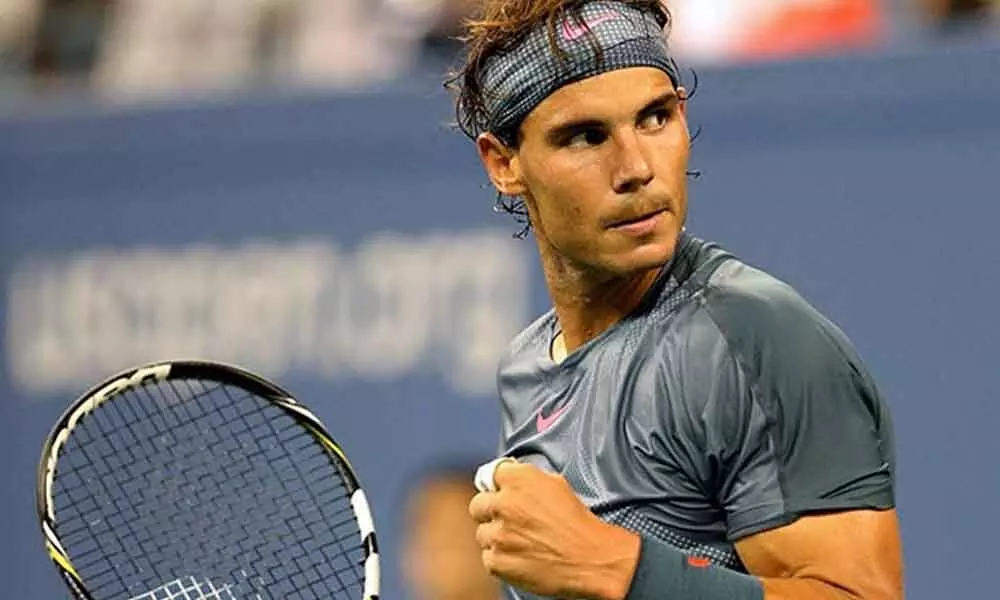Live
- Awards for exemplary performers in waste management: Minister
- BJP MPs, MLAs to meet in Amaravati under auspices of Purandeswari
- VMC conducts massive campaign on Swachh Divas
- Your Daily Horoscope for 19 January 2025: Unlocking Mysteries of the Stars
- Rich tributes paid to NTR on his death anniversary
- Govt’s amusement park at Brindavan Gardens gets no bids
- Action icon Sunil Shetty makes a return to Tulu roots with ‘Jai’
- MUDA scam: ED's findings against CM Siddaramaiah escalate political tensions
- Police arrest notorious blackmailer targeting young women
- MLA seeks elevated flyover to ease congestion









